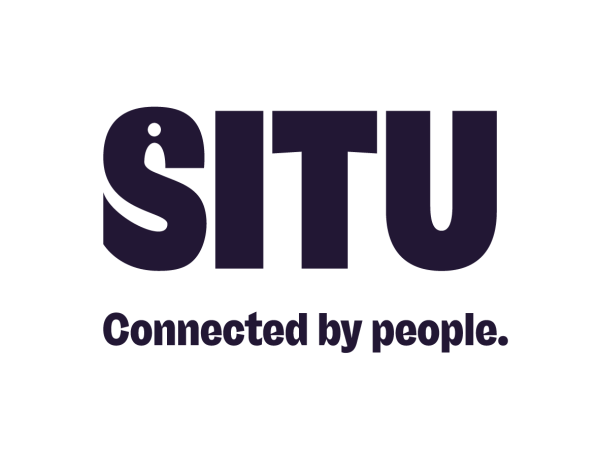Increasing concerns around lack of housing stock to buy or rent, inflated property prices, and anti-social behaviour of transient guests prompted early regulation of the short-term stay sector made through digital booking platforms. The various regulatory instruments in use, including tax, not only affect visitors but those who are relocating as well, while the continual implementation of new rules can dissuade owners from renting out their properties. This means less availability overall and a less diverse inventory of residential property for both short and extended stays, including temporary housing for expats.
Explore more about the accommodation situation in Amsterdam.
In Brussels, the evolving regulatory environment is also impacting the extended-stay sector. The city welcomes large numbers of tourists and business travellers every year and ranks within the 200 most important business cities in the world. However, recent new rules around VAT and different types of furnished accommodation in Brussels have had consequences for some parts of the extended-stay sector.
Travellers coming to Brussels for more than ninety days but who are not relocating must now apply for a residence visa – but cannot if they are staying in a hotel. Businesses classified as a hotel, but which provide a mixed offering of both short and extended stays, are missing out in low-demand periods and are having their extended-stay model constrained.
For more on current factors, including legislation, that are impacting the supply of short-term rental accommodation and how this is affecting the extended-stay sector in ten global locations, please see the white paper released by Situ, the global extended-stay accommodation agency. The paper is based on recent research with industry leaders and accommodation partners across Situ’s global supply chain.
Phil Stapleton, Situ’s Founder and CEO says, “Whether short- or long-term accommodation is required, and wherever in the world it is needed, it is becoming increasingly evident that there are similar challenges around changing regulatory environments presenting themselves in each market. Even greater collaboration across the sector would be welcome. By promoting a better understanding among a broader audience, we will position the sector favourably to avoid limitations as the industry continues to grow.”
“Each location has its own nuances and challenges right now,” says Rebecca Gonzaga, Situ’s Managing Director. “Thankfully, we have the understanding expertise, resources, and capability to guide our clients through these to secure quality accommodation that meets their requirements.”
Situ has a wide range of accommodation options in Amsterdam, Brussels, and worldwide, with over 10,000 accommodation partners, 32,000 buildings, and over 219,000 front doors, spread across more than 2,500 locations in over 140 countries. Please see www.staysitu.com or contact one of the Situ team.
Ends
For all Situ media enquiries contact Tamara Edgar [email protected], +44 (0)1392 690 079
About Situ
Since 2008, Situ has been helping companies and organisations find the perfect accommodation for people when they’re on the move. Project team, corporate traveller, relocation assignee, global nomad – the title doesn’t matter. They’re all individuals who need somewhere to call home when they aren’t at home. And that’s what Situ does all day, every day – working to make finding and booking serviced accommodation effortless.
Situ offers a single point of contact for booking quality accommodation in over 140 countries worldwide.
www.staysitu.com
Tamara Edgar
Situ
+44 1392 690079
[email protected]
Visit us on social media:
Facebook
Twitter
LinkedIn
Instagram
YouTube



